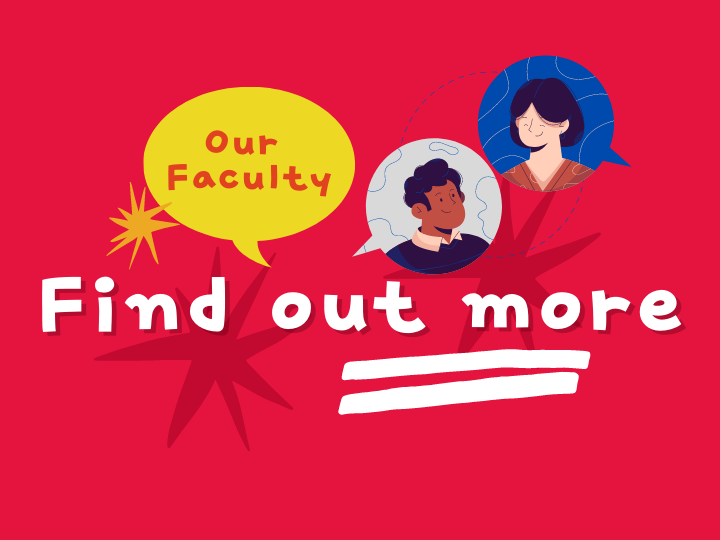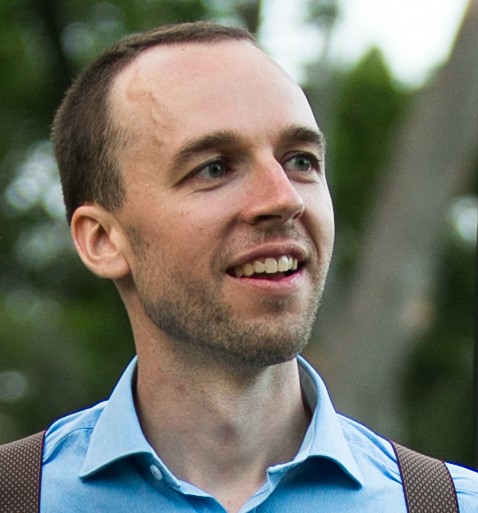
Matthew Hammerton joined the SMU School of Social Sciences as an Assistant Professor of Philosophy in January 2018. We managed to get a chance to ask Matthew a few questions about his research background and teaching interests. Read on to learn more about one of our newest faculty members!

1.Could you tell us more about your academic background?
In 2017 I completed a PhD in philosophy at the Australian National University in Canberra Australia. Prior to that I completed a Master of Philosophy at the University of Sydney in Sydney Australia, which is my home town.
2.What made you choose to join SOSS as a faculty member?
Singapore was at the top of my list for places to find an academic job as my wife, Kalpana, is a Singaporean (who has lived in Australia for the past 18 years) and we thought that a move here would suit us. I was attracted to SOSS because of its vibrant and diverse research community and because SMU is a young university with a lot of potential for growth. I’m also a big fan of the compact city campus.
3.What courses are you planning to teach? What can our students expect in your classes?
I will be teaching two core units in Critical Thinking. I’m also planning to teach a course on Applied Ethics and another course on the Philosophy of Happiness
In my classes, students can expect to be pushed to think for themselves. You are allowed to take any view you want on any topic in a philosophy class. However, the catch is that you have to back up your view with reasons that support it and you have to be willing to let others critically assess your reasons and challenge them in various ways. When this is done with civility and respect then great discussions can ensue and the participants typically either end up with a clearer and more cogent justification for the view they started out with or end up changing their minds because of the reasons that others have presented. Of course, doing this can also be hard work, so I try to make things a little easier by throwing in a few jokes and demonstrating many of the concepts I teach with short video clips I have collected and edited from popular culture sources such as movies, television series, political interviews, advertisements, and cartoons.
4.What are your current research interests? How did you end up getting interested in them?
My current research focuses on evaluating moral theories such as consequentialism, deontology, and virtue ethics. These theories attempt to tell us what kind of people we should be and how we ought to act in various circumstances. Wanting to know what kind of person I ought to be and what I ought to do in various ethical dilemmas is what got me interested in this research area.
5.Are there any particular research areas/topics that you intend to focus on in the next few years?
I have been thinking about the concept of a meaningful life and about how it might differ from the concepts of an ethical life, a happy life, and a life that goes well for oneself. I would like to do some work exploring how the best life one can live might combine each of these things and how we might resolve tradeoffs between them. I have also been exploring Buddhist Ethics and I plan to write a paper on the Buddhist Doctrine of merit transference in which I argue that the doctrine has certain paradoxical features and then show how they might be resolved.
6.Could you share with us one interesting fact about yourself?
I am an aficionado of Afro-Cuban music and dance and I have made several trips to Cuba where I have studied with professional Cuban dancers and musicians. When I was living in Australia I performed as a percussionist and dancer with several groups specializing in Afro-Cuban music.